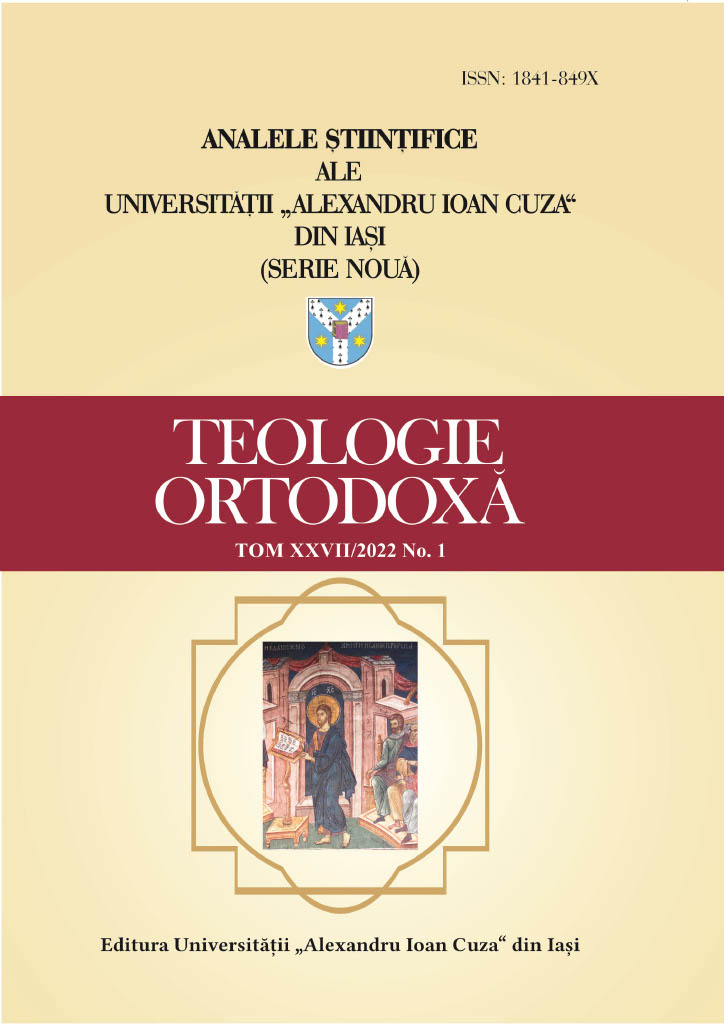Religious education in the north of the European Union – approaches in the Swedish model
Religious education in the north of the European Union – approaches in the Swedish model
Author(s): Roxana Maria ObrejaSubject(s): Christian Theology and Religion, Philosophy of Religion, School education, Pedagogy
Published by: Editura Universităţii »Alexandru Ioan Cuza« din Iaşi
Keywords: religous education; Norwegian model; Religions and Philosophies of Life; non-confessional;
Summary/Abstract: The Nordic countries are associated to Lutheran Churches that have had a very important role in the organization of the religion class, and in its content and finalities. Thus, when talking about Lutheran religious education it is necessary to know the fact that this has been renamed into knowledge about Christianity and perspectives on life (Lied 2009, 263), more precisely it is about learning about religion and from religion (Slotte 2016, 236). The northern states members of the European Union are historically called and defined mono-religious, which over time due to the increase in migration (Lied 2009, 263) have experienced religious diversity, pluralism and multiculturalism. These determined that the attitude would be an open one, wishes for religious activity, or more specifically said, the purpose was to cover the needs of children and during the changes, the class of religion was perceived through cultural meaning or of religious competence. This combination of factors led to religious education being renamed as Ethics.
Journal: Analele Ştiinţifice ale Universităţii »Alexandru Ioan Cuza« din Iaşi. Teologie Ortodoxă
- Issue Year: 27/2022
- Issue No: 1
- Page Range: 243-252
- Page Count: 9
- Language: English

